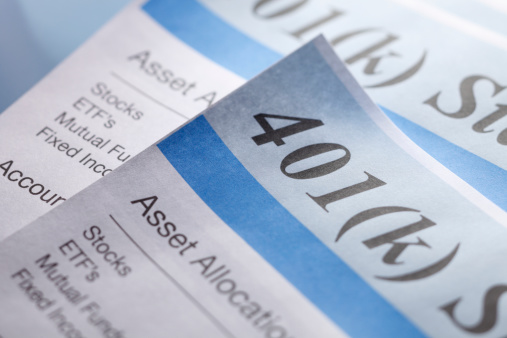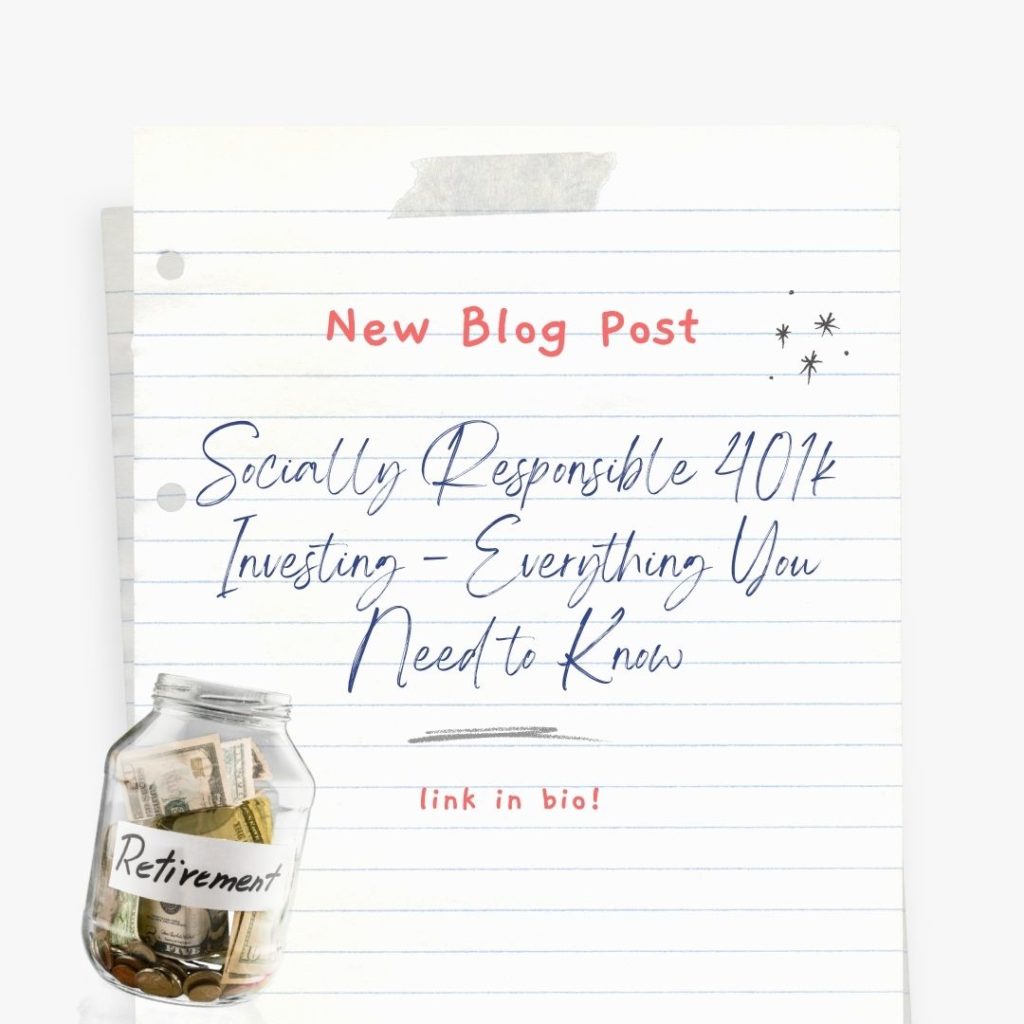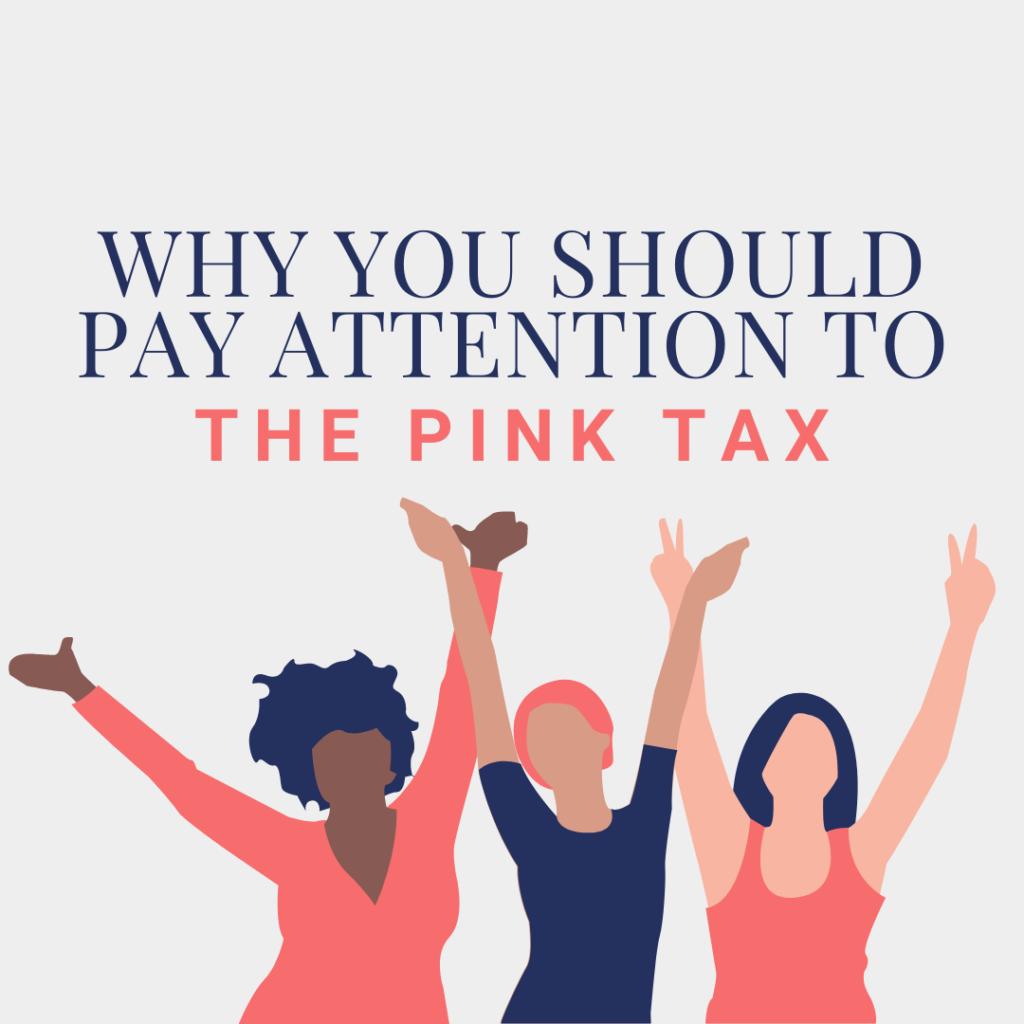In the early stages of your career, you may have had the benefit of an employer-sponsored 401(k). If you were really lucky, you may have even had contributions matched by an employer or two. And while you were focused on climbing that ladder, your 401(k) sat idly in the background beginning the foundation of your future retirement accounts.

Now your focus is on planning for retirement. It’s time to tune into those accounts and see how they’re faring. You may be surprised to learn what you’re paying to hold on to them and what your money is actually being invested into. Thankfully you can do something about that and make sure you are partaking in socially responsible 401k investing.
Socially Responsible 401k Investing Can Start with a Rollover
Typically, rolling over your 401(k) means moving your retirement assets into a traditional individual retirement account, or IRA. You can also roll over into a Roth IRA, but doing so may result in a large tax bill due to the fact that your original contributions were likely made on a tax-deferred basis and are subject to tax upon withdrawal.
When rolling over into a new impact investing account, there are a variety of social responsibility portfolios we offer to accommodate your social investing interests:
Made up of various known environmentally conscious companies, our environmental portfolio incorporates those willing to rethink the status quo, address their long-term environmental impacts, and choose to operate on an eco-first and eco-friendly basis.
Our human rights & diversity portfolio is comprised of companies that have corporate policies and practices focusing on promoting a fair and equitable workplace. Many of these companies have won accolades and recognition for confronting issues with employees, customers, suppliers, and community interaction.
Our peace portfolio is the one that started it all for Invested Interests. The companies in our peace portfolio play a positive role in furthering peace in our place and limiting conflict. While the methods vary, we invest in companies that have taken positive steps to limit the support of governments and regimes promoting violence.
Reasons to Consider a Socially Responsible 401(k) Rollover
1.No High Fees
There are no fees to roll over a 401(k) into a traditional or Roth IRA. In fact, you’ll likely save money on management fees over the duration of your investments. Left unmanaged, many 401(k) end up with high management and maintenance fees. Investment opportunities and understanding have changed dramatically since the rise of online trading and Robo-advisers. While these two options still have their shortcomings, they did pave the way for more aggressive fee structuring.

2. Socially Responsible Investment Options
Most traditional 401(k)s do not support ESG (economic, social, and governance) rated social investments. Rather, most focus on the very large-scale businesses that are generally focused on revenue-focused, not socially responsible business practices.
When setting up your 401(k) you likely had a choice of a few mutual funds. However, with an IRA, you have a full selection of funds to choose from and can create a better long-term strategy based on risk management, ESG ratings, and your retirement goals.
3. Consolidate Your 401k
Former employers go out of business. Their retirement options and advisors change. Whenever you change positions, you always have the option of moving your account into a new employer’s 401(k) or to an IRA. While you can sometimes leave it where it is, rolling over to an IRA is the best choice for most individuals.
If you are like most Americans and change positions every few years, it may be time to gain control and oversight over all of your retirement accounts. Diversification is powerful. So is knowledge. Especially when it comes to retirement planning.
Common 401k Rollover Questions When Changing Jobs
What happened to the 401k you started at your last company?
Don’t worry, it’s still there, doing its thing. But where your hard-earned (and employer-matched) money is invested might not be to your liking. Now is the time to track down your old retirement account and do a rollover or explore other options. If you’re interested in socially responsible 401k investing, we can definitely help you.
How do I find My Old Retirement 401K Accounts?
If you don’t know where your old 401k account is, you’re going to have to do some digging. Usually, you will receive a statement at least quarterly, and this will typically have login information that you can use for your account. You can also check your former company’s website and they may have details about how the employee 401k program works and how to log in to your account. If all else fails, you can also contact the HR department directly.
Once you find your orphaned 401k, it’s not recommended to just leave the money where it is. For starters, some plans charge higher fees for managing the accounts of former employees. In general, the more accounts you have, the more management fees you pay. There’s also the possibility you could forget that you have the account altogether and lose the money (literally).

You will be better off keeping your retirement accounts in one place. It’s just easier to keep track that way. Investors have two options when they leave a company. They can roll their assets into an IRA or they can roll their assets into their next employer’s 401k plan. The benefit of moving into an IRA is that you’re likely to have more investment options than what’s available in your next employer’s 401k plan.
An IRA, or Individual Retirement Account, is best understood as a savings account specifically designed for retirement. Mutual funds, stocks, and bonds can easily be held in an IRA. Many, actually most, of our clients have retirement accounts. Many of those accounts are IRAs that were once old 401ks.
What happens to your old 401k when you quit a job?
There are various options for you to choose from, including leaving your account where it is. You may roll over the money from the old 401(k) into a new account with your new employer or move it into an individual retirement account (IRA). While all these are possible options, first make sure you can participate in a new type of plan. Lastly, and one we don’t often recommend is taking everything out however, there are severe tax consequences.
Should I take all my 401k funds?
We don’t recommend taking all your 401(k) funds because this is an employer-sponsored retirement account. It allows you to save a percentage of your pre-tax salary to a retirement account. These funds are invested in a range of stocks, bonds, mutual funds, and cash. It is almost like taking money out of your piggy bank for non-emergency situations. Unfortunately, many have lost their jobs with the current pandemic, and the unemployment check may not suffice for all your expenses. Remember you can borrow in certain situations without a tax penalty. If a 401(k) withdrawal is the only way that you can pay your bills without taking on costly credit card debt, do it.
What if your new employer does not offer a 401k plan?
So what happens if your new employer does not offer a 401k plan or if you’re not moving to a new employer? You can roll your 401(k) to an existing IRA or a new IRA account. When you have a 401(k) plan with your employer, you don’t get to decide what companies to invest in, but now you have full reigns to freedom to invest how you want, where you want, and in what you want!
How to Invest in Companies that Align with Your Values
Now that you are free to invest in companies that align with your values, consider impact investing as a choice! Impact investing allows you to invest your money into companies, organizations, and funds with the intention to be beneficial to social or environmental issues. At Invested Interests, we make it easy for you to roll over your old 401K into a new retirement account. We work tirelessly to help our clients express their passions through their investment decisions. Socially responsible 401k investing is something we do constantly and consistently with our clients.

Other 401k Investment Options
Let’s say you are about ready to retire. You can begin taking qualified distributions from your 401(k) after the age of 59 ½, which means that when you decide to take out some money without paying a 10% tax penalty for early withdrawal. Whatever you decide to do with your 401(k), Invested Interests is here to help you in your strategic financial decisions and support in choosing impact investing portfolios. Reach out to us at: https://investedinterests.com/contact-us/




